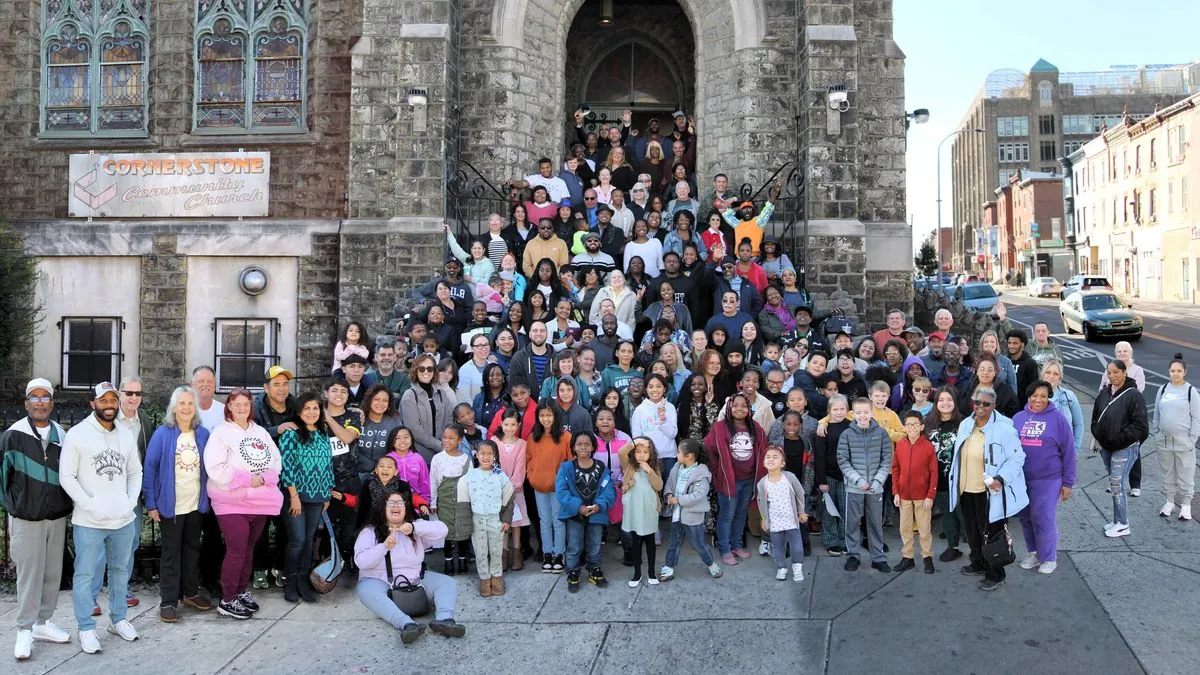Circle of Hope, a progressive church founded in Philadelphia in 1996, exemplified a unique approach to Christianity that stood in stark contrast to the conservative evangelical movement. At its peak, the church boasted 700 members, primarily consisting of Gen Xers and Millennials seeking an authentic way to follow Jesus while rejecting right-wing politics.
The church's founders, Gwen and Rod White, had their roots in the Jesus People movement of the 1970s, which emerged as a countercultural Christian revival. This movement, characterized by its emphasis on communal living and social justice, was a far cry from the conservative evangelical bloc that gained prominence in the 1980s with the rise of the Moral Majority.
Circle of Hope's mission was deeply rooted in the teachings of Jesus, particularly the Sermon on the Mount, which emphasizes love, compassion, and social responsibility. The church community engaged in various outreach activities, including:
- Planting community gardens
- Accompanying undocumented individuals to ICE interviews
- Protesting against military drone strikes
However, the church's journey was not without challenges. In 2020, following the murder of George Floyd and the subsequent nationwide protests, Circle of Hope initiated a self-reckoning process to address issues of racism within the congregation. This process exposed deep-seated conflicts and ideological differences among members and leaders.
The church grappled with several contentious issues:
- Racial dynamics in a predominantly white congregation
- LGBTQ inclusion and representation
- Gender biases and perceived sexism
- Class disparities among members
- Gentrification concerns in the local community
These conflicts ultimately led to a significant decline in membership and financial support. Despite the church's initial vision of creating a "beloved community" based on radical mutuality, the inability to reconcile differing perspectives on social justice and spiritual priorities led to its dissolution on January 1, 2024.
"Churches are messy places where people seek many things. … This can be a beautiful, courageous endeavor, that, in its effort to do right, usually goes wrong."
The story of Circle of Hope raises important questions about the role of progressive Christianity in contemporary America. As conservative Christian nationalism continues to dominate public discourse, churches like Circle of Hope represent an alternative vision of faith-based community engagement. However, their struggles also highlight the challenges of balancing spiritual mission with political and social activism.
The dissolution of Circle of Hope, occurring just seven months ago, serves as a poignant reminder of the ongoing tensions within American Christianity. As religious institutions continue to grapple with issues of social justice, inclusion, and political engagement, the lessons learned from Circle of Hope's journey may prove valuable for future efforts to create more inclusive and socially conscious faith communities.
